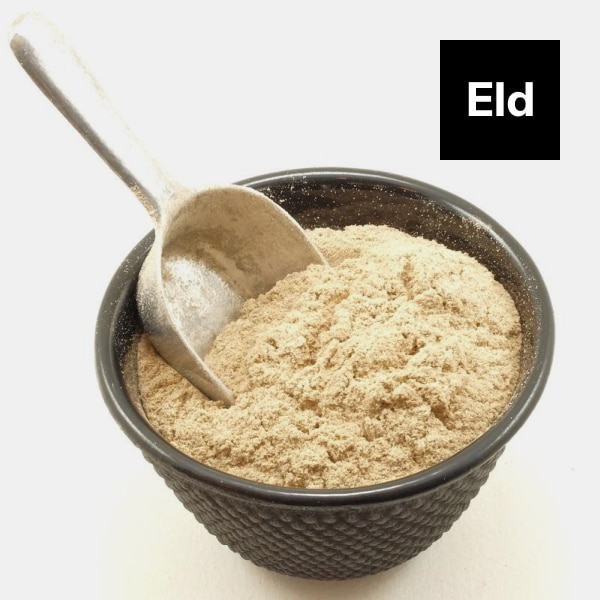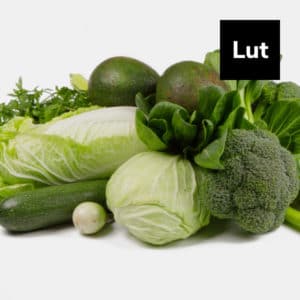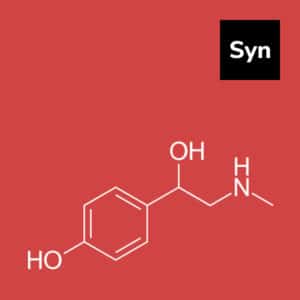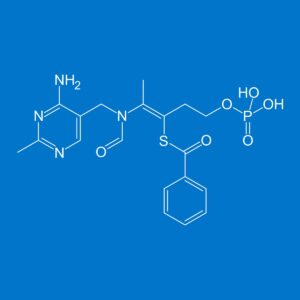Overview
Eleuthero root is an adaptogen or substance that normalizes and balances all the body’s systems, increasing one’s ability to handle physical and mental stress. It also aids adrenal glands that contribute to regulating energy levels.
Key Benefits
- Supports endurance, stamina, and recovery
- Promotes deep and restful sleep
- Supports a healthy immune system
- Helps concentration and focus
- Helps memory and learning
- Supports brain function
- Supports students during exams
- Helps normalize blood pressure
- Promotes lymphatic function
- Helps with chronic fatigue syndrome
History of Usage
Eleutherococcus senticosus is a member of the Araliaceae ginseng plants. It is among the most honored and ancient of all medicinal herbs. The use of these plants dates back more than 4,000 years in Chinese herbal medicine. The Chinese believe that regular use of eleuthero root increases longevity, improves general health, improves appetite, and restores memory.
Eluthero was “discovered” in the 1950s by Russian physician I. Brekman. Brekman was searching for plants to improve human performance and he hit the jackpot with eluthero. He distributed the herb to thousands of workers and found that it helps the body adapt to stress, enhances mental acuity and physical endurance, and also improves the way muscles use oxygen.
According to Brekman, eleuthero “possesses an astonishingly broad spectrum of therapeutic activities that protect the organism against stress, radiation, and other chemical poisons. Hence, enhancing overall resistance.” Brekman’s findings served as the template for all subsequent research on adaptogens.
Biochemistry
Studies at the Institute of Biologically Active Substances in Vladivostok, Russia, revealed that eleuthero contains seven compounds called eleutherosides, which bind to hormonal receptors. The total eleutheroside content of the root is in the range of 0.6 to 0.9 percent. It also contains triterpenoid saponins, polysaccharides, and glycans.
Recent Trends
Eleuthero root is available in capsules, tablets, liquids, tinctures, and powders. It can also be eaten whole, and the dried leaves and stems of the plant can be boiled to make tea. Eleuthero root can also be found in multivitamins and tonics that are intended to boost immune function, enhance energy, and promote vitality.
Precautions
- Pregnant and breastfeeding women should not use eleuthero root.
- Individuals with a medical condition and those who take pharmaceutical drugs should consult with a health care practitioner before taking eleuthero root.
- Individuals with a bleeding disorder, heart condition, diabetes, hormone-sensitive condition, high blood pressure, or mental illness should take eleuthero only under the care of a physician.
- Combining alcohol with eleuthero may result in drowsiness.
References
- Brekham, I.I. Eleutherococcus. Leningrad: Nauka Publishing House. 1968.
- Farnsworth N.R., Kinghorn A.D., Waller D.P. (1985). Siberian Ginseng (Eleutherococcus senticosus). Current status of an adaptogen. Economic Medicinal Plant Research 1. pp 156-215
- Kuo J, Chen KW, Cheng IS, Tsai PH, Lu YJ, Lee NY. The effect of eight weeks of supplementation with Eleutherococcus senticosus on endurance capacity and metabolism in humans. Chin J Physiol. 2010 Apr 30;53(2):105-11. doi: 10.4077/cjp.2010.amk018. PMID: 21793317.
- Fukada K, Kajiya-Sawane M, Matsumoto Y, Hasegawa T, Fukaya Y, Kajiya K. Antiedema effects of Siberian ginseng in humans and its molecular mechanism of lymphatic vascular function in vitro. Nutr Res. 2016 Jul;36(7):689-95. doi: 10.1016/j.nutres.2016.02.012. Epub 2016 Feb 28. PMID: 27333960.
- Huang L, Zhao H, Huang B, Zheng C, Peng W, Qin L. Acanthopanax senticosus: review of botany, chemistry and pharmacology. Pharmazie. 2011 Feb;66(2):83-97. PMID: 21434569.
- Panossian A, Wikman G. Evidence-based efficacy of adaptogens in fatigue, and molecular mechanisms related to their stress-protective activity. Curr Clin Pharmacol. 2009 Sep;4(3):198-219. doi: 10.2174/157488409789375311. Epub 2009 Sep 1. PMID: 19500070.
- Joseph E. Pizzorno ND, Herb Joiner-Bey ND, “Chronic Fatigue Syndrome. ”The Clinician’s Handbook of Natural Medicine (Third Edition), 2016.




